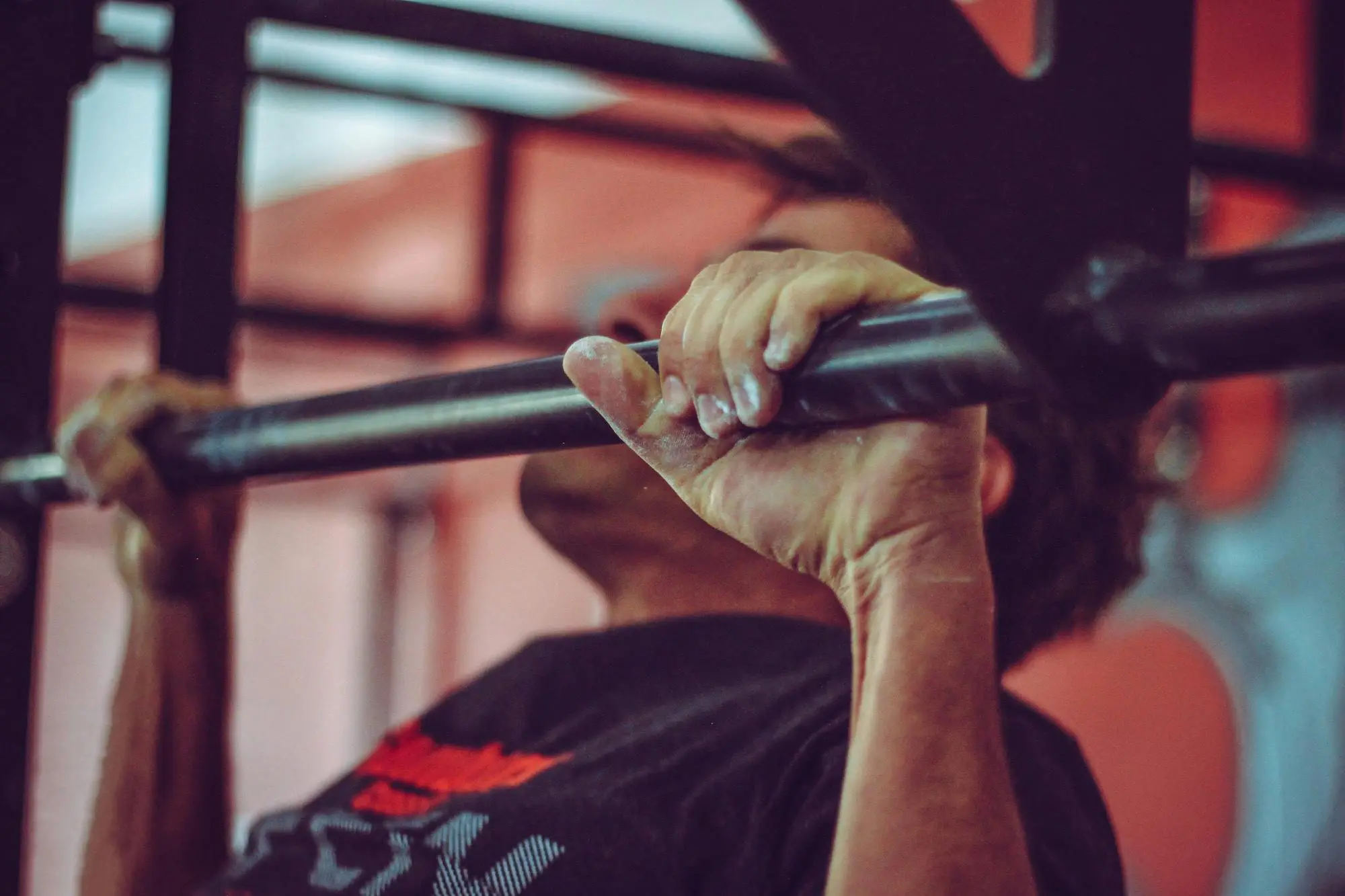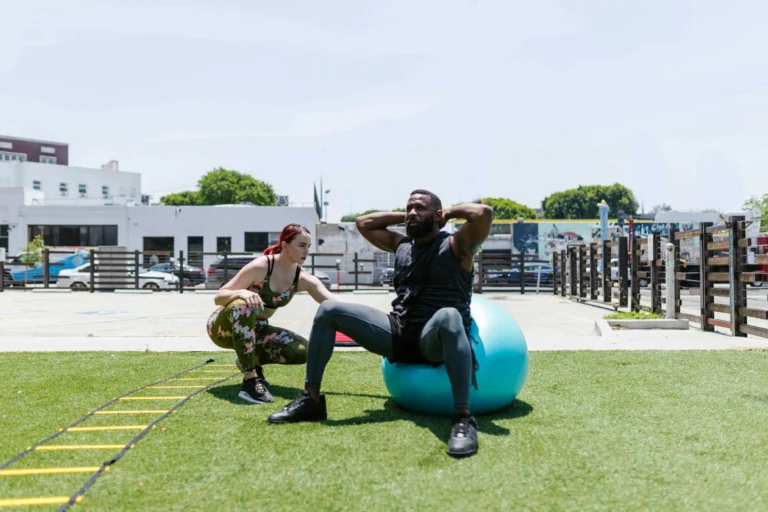Are Pull Ups Harder If You Weigh More? 7 Powerful Truths You Must Know
Pull-ups are one of the most powerful bodyweight exercises. But let’s be real—are pull ups harder if you weight more? The simple answer is yes, but the full story is much more encouraging than you might think.
If you’ve ever struggled to pull your chin over the bar, especially if you’re on the heavier side, you’re not alone. Your body weight absolutely affects your performance, but it doesn’t mean you’re at a disadvantage forever. With the right approach, pull-ups can become your strongest skill—no matter what the scale says.
Let’s break it all down in a way that actually helps you succeed.
Why Are Pull Ups Harder If You Weight More?
Are pull ups harder if you weight more? Yes—and it comes down to simple physics.
Pull-ups measure relative strength, meaning how strong you are in proportion to your body weight. When you weigh more, your muscles have to work harder to lift your body. It’s not about being weak—it’s about the resistance being greater.
Here’s what makes it tougher:
- More body mass = more weight to lift
- Increased gravitational force
- Extra stress on your grip and joints
- Potential fat mass vs. muscle mass ratio
So when you’re heavier, your upper body has to overcome more resistance. It’s not about motivation—it’s about mechanics.
Is It Even Possible to Do Pull Ups at a Heavier Weight?
Absolutely. Are pull ups harder if you weight more? Sure. But “harder” doesn’t mean impossible.
You can build the strength needed to conquer pull-ups no matter your current weight. Many heavy athletes, including powerlifters and calisthenics practitioners, train to do multiple reps by improving their relative strength.
You’ll just need to:
- Build upper body and core strength
- Improve technique and grip
- Use scalable progressions
- Stay consistent with training
How to Improve Your Pull-Up Performance (Even If You Weigh More)
Now let’s talk about how to actually get better.
1. Strengthen the Right Muscles
Focus on:
- Lat pull-downs
- Bodyweight rows
- Negative pull-ups
- Core exercises like planks and leg raises
The stronger your lats, arms, and core, the better your pull-up game—even if you’re carrying more weight.
2. Use Progressions That Work for Heavier Bodies
If you’re wondering are pull ups harder if you weight more, it’s crucial to take small steps. Use beginner-friendly variations:
| Progression | Description |
|---|---|
| Negative Pull-Ups | Jump up and lower yourself slowly. |
| Band-Assisted Pull-Ups | Use a resistance band for support. |
| Incline Rows | Work the same muscles with less resistance. |
| Isometric Holds | Hold the top position to build endurance. |
These movements allow your body to adapt while still building strength.
3. Lose Fat, Gain Strength (If Necessary)
This one isn’t always required—but if you carry a high body fat percentage, reducing fat while maintaining muscle will boost your relative strength.
Are pull ups harder if you weight more due to excess fat? Yes. Because fat adds resistance without contributing to force production. Losing a few pounds (if medically safe) can make a big difference in performance.
4. Practice Consistently
Don’t get discouraged if progress feels slow. Pull-ups are a skill. The more often you train—even with regressions—the faster your body will adapt.
What If You’re Naturally Bigger or More Muscular?
Now, are pull ups harder if you weight more even if you have a lot of muscle? Surprisingly—yes.
Muscle mass adds weight too. So even muscular people can struggle if they haven’t trained their pull-up movement. It’s still about relative strength.
Here’s the upside:
- Muscles respond well to training
- You’ll likely progress faster
- You already have the power—you just need technique
Are Pull Ups Harder If You Weight More Than Others at the Gym?
If you’re comparing yourself to others, especially lighter people, stop.
A 130-lb person doing 10 pull-ups and a 200-lb person doing 2 pull-ups might be equally strong relative to their body weight. One just has less resistance to overcome.
Are pull ups harder if you weight more than others? Yes, but it’s not a competition. It’s about progress from your own starting point.
Quick Tips for Pull-Up Success (Especially If You Weigh More)
- ✅ Use resistance bands to assist and reduce the load
- ✅ Train grip strength to avoid burnout
- ✅ Incorporate eccentric reps (slow lowering)
- ✅ Do isometrics at different positions
- ✅ Track progress—not perfection
Image Suggestion
Use an image of a heavier person doing a band-assisted pull-up.
Alt Text: “Are Pull Ups Harder If You Weight More – Person Using Band Assistance”
FAQ – Are Pull Ups Harder If You Weight More?
Do heavier people have to train differently?
Not really. The exercises are the same, but heavier people may need more focus on regressions, grip strength, and endurance.
Can I do pull-ups at 200 lbs or more?
Yes. Many people over 200 lbs can do pull-ups with the right training. Start with band-assisted versions and build strength.
Does losing weight make pull-ups easier?
Yes. Losing fat (not muscle) decreases resistance, making it easier for your muscles to lift your body.
Are pull ups harder if you weight more with muscle instead of fat?
Yes, but muscle also helps you lift better. Strong muscles can adapt quickly if you train right.
Should I wait until I lose weight before trying pull-ups?
No. Start now with regressions. The sooner you start, the stronger you’ll get—regardless of weight.
Final Thoughts: Yes, But That’s No Excuse
So, are pull ups harder if you weight more? Yes—but that’s just one piece of the puzzle. Difficulty doesn’t mean defeat. You can absolutely master pull-ups at any size with the right mindset, training strategy, and a little patience.
Your body might weigh more, but that doesn’t mean your goals should weigh less.
Take Action Now
Start with one progression. Set a schedule. Track your reps. And remember: every pull, hold, and even struggle brings you closer to your first full pull-up.
Ready to take the next step in your calisthenics journey? Check out more guides on bodyweight strength at Calisthenics 101—and never let the scale stop you again.







